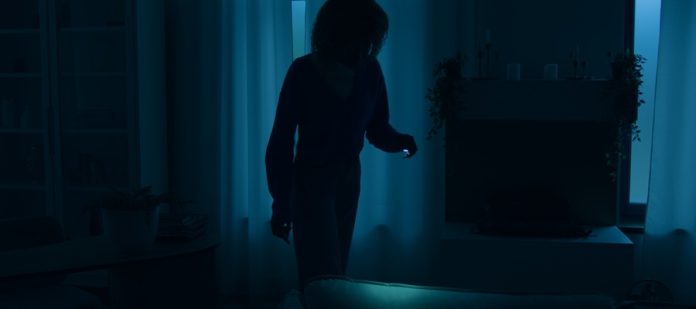Power outages can catch you off guard, throwing chaos into your routine. Knowing how to handle it helps you stay safe. Here’s what every homeowner should do in a power outage, whether it’s because of a storm or an overloaded grid.
Unplug Your Electronics
Electronics are vulnerable to power surges that happen when electricity comes back. Protect your devices by unplugging them as soon as the power goes out. This includes computers, TVs, and gaming consoles.
Power strips with built-in surge protectors help if you can’t unplug everything. You don’t want to risk losing valuable data or damaging expensive equipment. Once the power comes back on, plug everything in one by one to avoid overwhelming the circuits.
Avoid Opening the Refrigerator and Freezer
In a power outage, you should avoid opening the refrigerator and freezer. A fridge typically keeps items cold for about four hours, while a fully-stocked freezer can maintain its temperature up to 48 hours if unopened.
Only open the doors when absolutely necessary to protect your perishables. Consider moving essentials to a cooler with ice if you think the outage will last a while. Use a food thermometer to check the temperature of foods and drinks before consuming anything. When in doubt, throw it out.
Plan for Alternative Heating or Cooling
Extreme temperatures make outages even tougher than they already are, so establish a plan to manage the cold or heat. Layer up with blankets, sweaters, and gloves when it’s cold. A fireplace or portable heater provides warmth, but it needs good airflow to prevent noxious fumes from accumulating in your home.
If you’re dealing with a power outage in a heat wave, drink plenty of water and use battery-powered or hand fans. Stay on the lowest level of your home during the outage, as heat rises. Moreover, check on elderly neighbors or those with health issues to ensure everyone in your neighborhood is safe.
Refrain From Trying To Fix the Problem Yourself
It’s tempting to troubleshoot, especially if you think it can save time or money. However, working with electrical systems is a house repair you should never DIY. You may harm yourself or your family members or jeopardize the entire electrical system. Instead, contact your power company, as they have the expertise and equipment to address outages.
Use Generators Responsibly
If you have a generator, make sure you know how to operate it safely. Always place it outside, as generators release carbon monoxide that is harmful when inhaled. Set it up at least 20 feet from windows and doors. Never add fuel while the generator is running or hot, as this increases the risk of fires. In general, stock up on fuel so you’re not left empty-handed when you need your generator the most.























